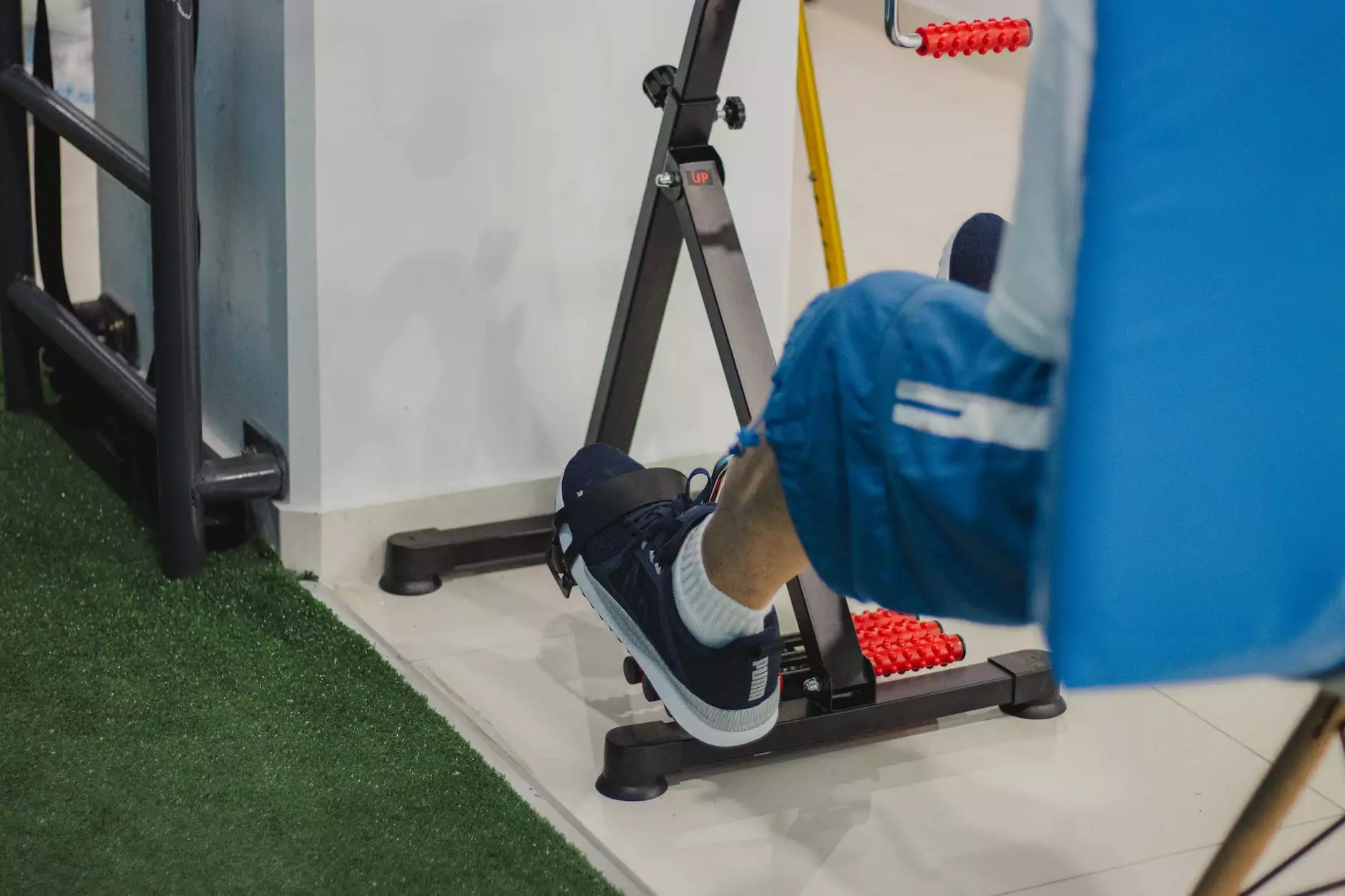PCL Knee Injury, Sprain & Strain
Blog
Introduction
Welcome to Regency Square Care Center, a trusted name in the field of Geriatric and Aging Care. In this comprehensive guide, we will delve into the topic of PCL knee injuries, sprains, and strains. Whether you're an athlete, an older adult, or simply someone interested in learning more about knee injuries, this article will provide you with valuable insights.
Understanding PCL Injuries
The Posterior Cruciate Ligament (PCL) is one of the main ligaments within the knee joint. It plays a crucial role in stabilizing the knee and preventing backward movement of the tibia (the larger bone in the lower leg) in relation to the femur (thigh bone). PCL injuries occur when this ligament gets stretched or torn due to excessive force or trauma to the knee.
Causes of PCL Injuries
PCL injuries can happen in various situations. Some common causes include:
- Direct impact to the front of the knee, such as from a car accident or sports collision.
- Falling onto a bent knee.
- Twisting the knee forcefully.
- Hyperextension of the knee.
- Participating in high-impact sports, such as football, skiing, or basketball.
Symptoms of PCL Injuries
If you've experienced a PCL injury, you may notice the following symptoms:
- Knee pain, swelling, and tenderness.
- Difficulty walking or bearing weight on the affected leg.
- A feeling of instability or the knee giving way.
- Stiffness in the knee joint.
- Reduced range of motion in the knee.
Treatment Options
Treating PCL injuries requires a comprehensive approach that considers the severity of the injury, overall health, and individual needs. The following treatment options may be considered:
- Conservative Management: Rest, ice, compression, and elevation (RICE) can help reduce pain and swelling. Physical therapy exercises may be prescribed to strengthen the muscles around the knee.
- Bracing: Wearing a knee brace or a special PCL brace can provide support and stability to the knee joint.
- Medications: Over-the-counter or prescription pain medications may be recommended to manage pain and inflammation.
- Surgical Intervention: In severe cases, surgery may be required to reconstruct the PCL using grafts or other techniques.
Prevention Techniques
Preventing PCL injuries involves adopting certain preventive measures. Here are strategies you can employ:
- Proper Warm-up: Always warm up adequately before engaging in physical activities or sports.
- Strengthening Exercises: Regularly incorporate exercises that strengthen the muscles supporting the knee, such as hamstring and quadriceps exercises.
- Balance and Stability Training: Practice exercises that improve balance and stability to minimize the risk of falls or awkward landing.
- Wearing Protective Gear: When participating in high-impact sports, use appropriate protective gear, including knee pads or braces.
- Limiting High-Risk Activities: Be cautious when engaging in activities with a higher risk of knee injury, and ensure you are adequately trained and prepared.
Conclusion
In summary, PCL injuries can have a significant impact on individuals of all ages. At Regency Square Care Center, we understand the unique challenges faced by geriatric and aging adults in their journey towards recovery. By providing comprehensive care, personalized treatment plans, and a dedicated team of healthcare professionals, we aim to facilitate successful rehabilitation for those with PCL injuries. If you or your loved one is experiencing knee pain or has suffered a knee injury, don't hesitate to reach out to Regency Square Care Center for expert advice and quality care.
Remember, early intervention and proper treatment are crucial for a full and speedy recovery. Take control of your knee health today!



